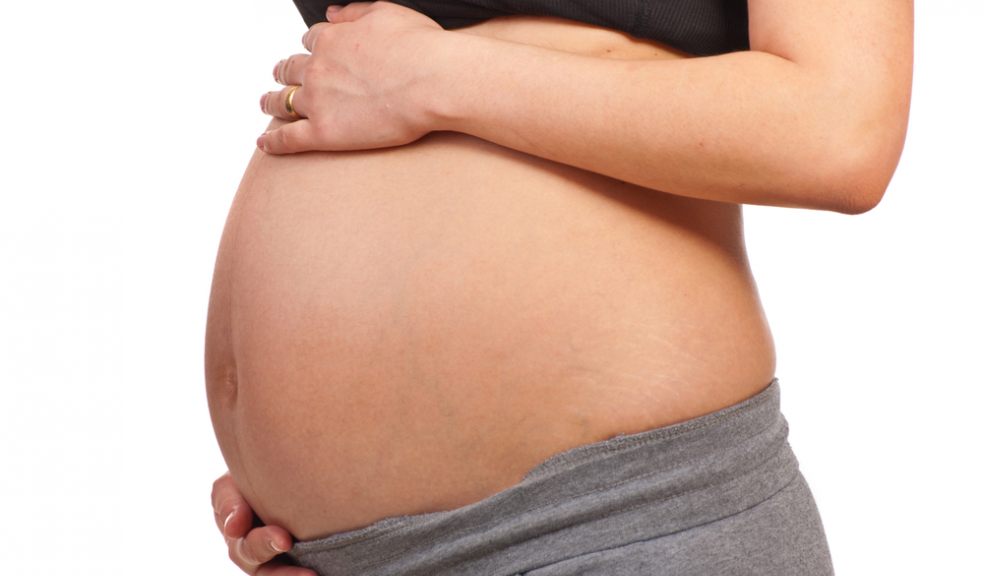
Working during pregnancy can affect baby's weight
Research by the Institute for Social and Economic Research and the University of Essex has found that mums-to-be who work through their pregnancy are increasing the chances of giving birth to smaller babies. Women who worked to the eighth month of pregnancy risked giving birth to babies half a pound lighter – an equivalent detriment to smoking in pregnancy.
The research opens important policy questions on the health implications for working pregnant mothers and their unborn children.
The researchers identified 1,339 children whose mothers were part of the British Household Panel Survey, which was conducted between 1991 and 2005, and for whom data was available.
A further sample of 17,483 women who gave birth in 2000 or 2001 and who took part in the Millennium Cohort Study was also examined and showed similar results, along with 12,166 from the National Survey of Family Growth, relating to births in the US between the early 1970s and 1995.
One of the authors of the study, ISER Associate Professor Marco Francesconi, said the government should consider incentives for employers to offer more flexible maternity leave to women who might need a break before, rather than after, their babies were born.
He said: “We know low birth weight is a predictor of many things that happen later, including lower chances of completing school successfully, lower wages and higher mortality. We need to think seriously about parental leave, because – as this study suggests – the possible benefits of taking leave flexibly before the birth could be quite high.”
The study also suggests British women may be working for longer now during pregnancy. While 16% of mothers questioned by the British Household Panel Study, which went as far back as 1991, worked up to one month before the birth, the figure was 30% in the Millennium Cohort Study, whose subjects were born in 2000 and 2001.













